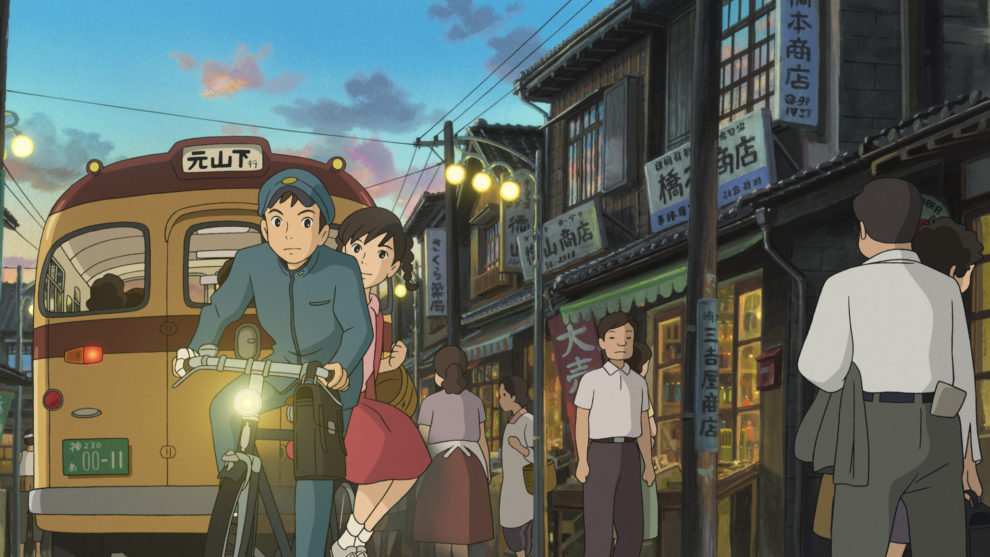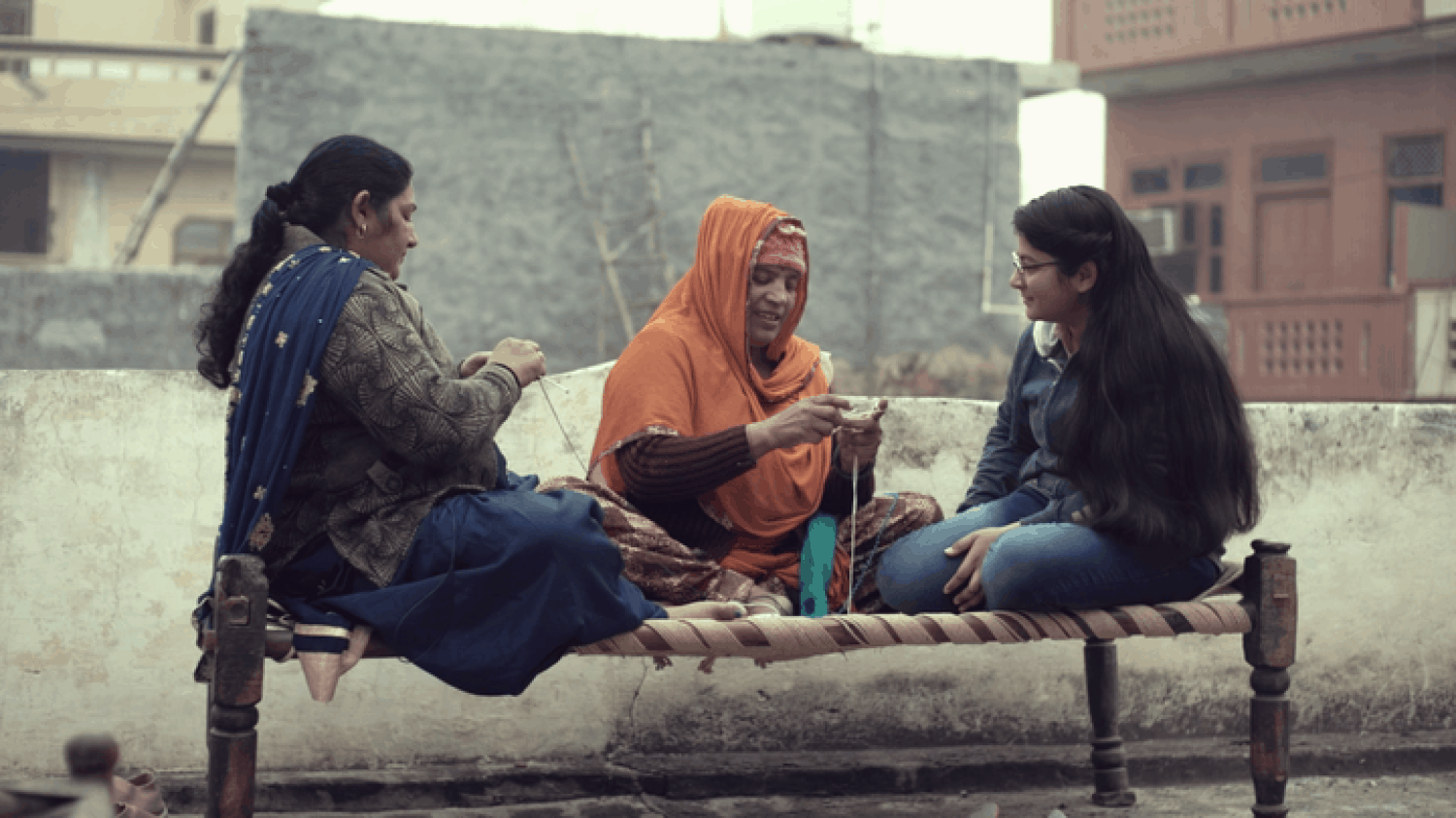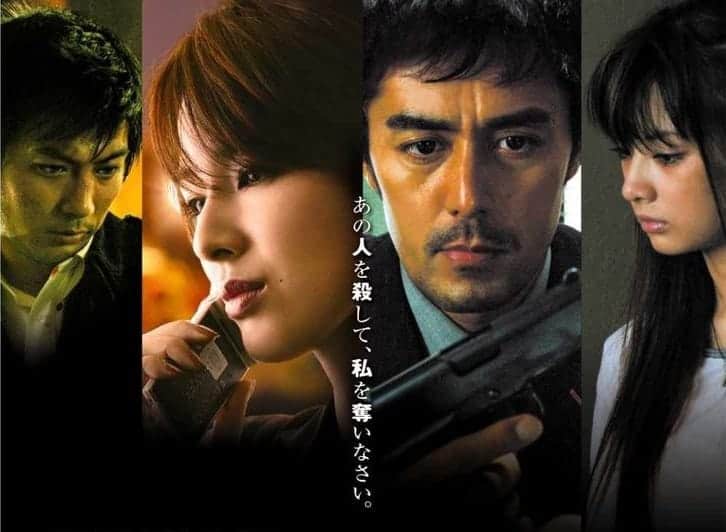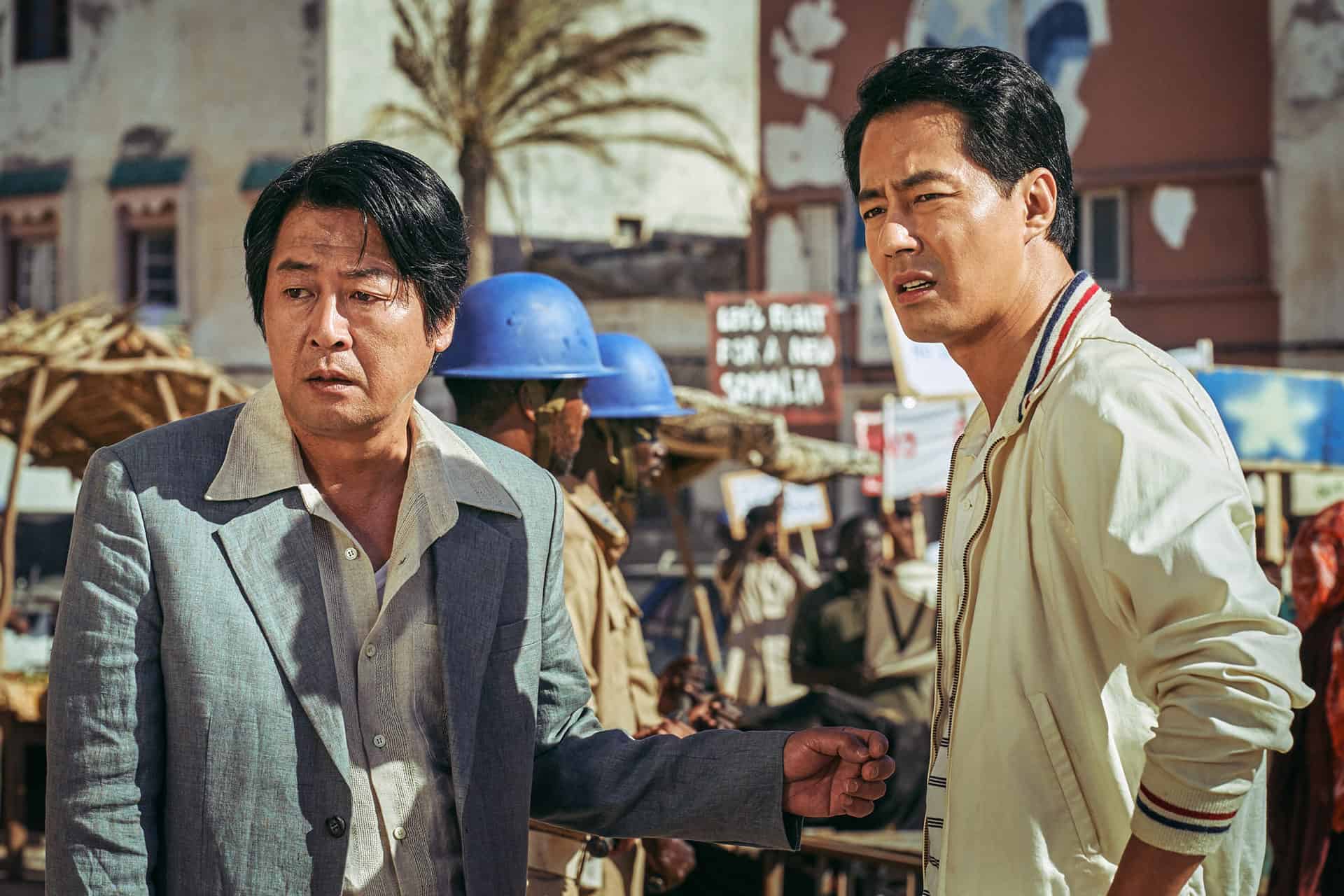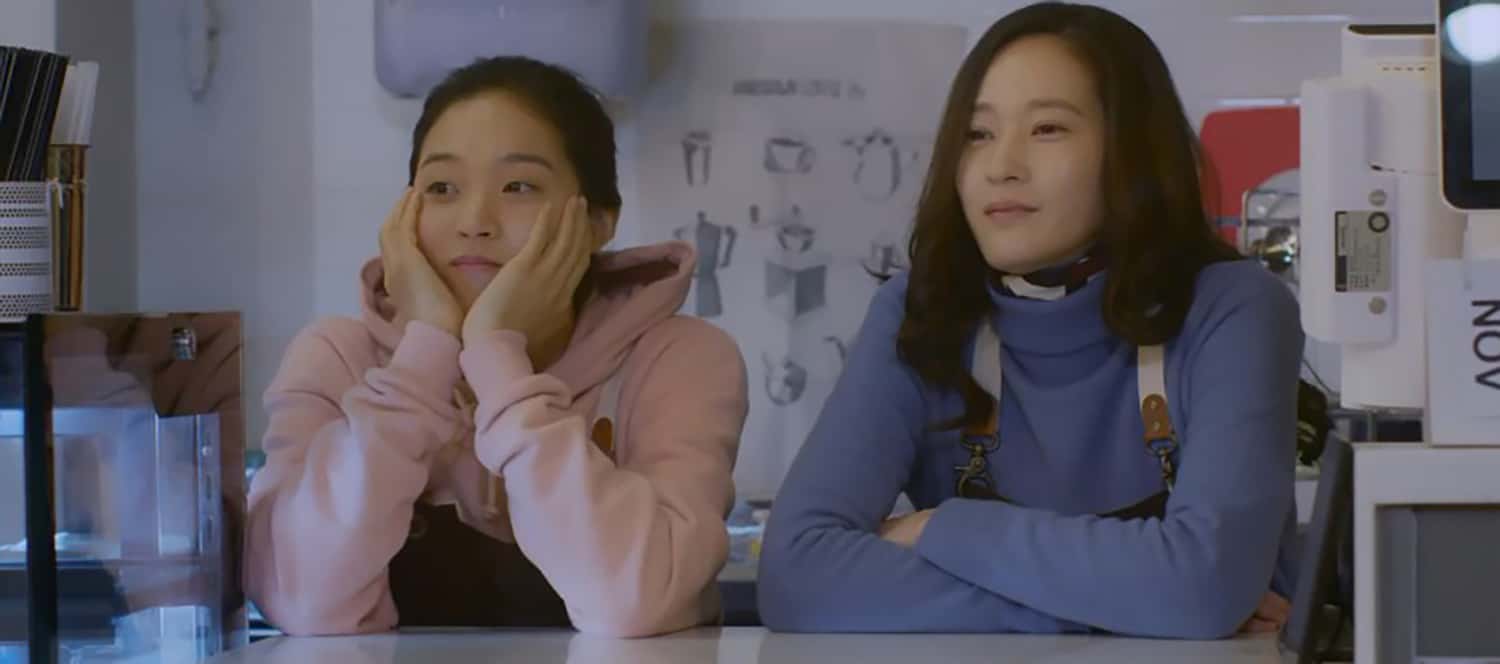Hayao Miyazaki — easily the most recognizable face behind Studio Ghibli — has long said that he would retire. Since then, all eyes have turned to his first son and heir, Goro Miyazaki. Goro Miyazaki seems to chafe under his father's strictly traditional ways; his most recent release, “Earwig and the Witch” (2020) made a splash along Cannes headlines for being the first CGI film produced by the mostly paper-and-paint-based studio. In turn, his earlier work “From up on Poppy Hill” feels like an externalization of Goro's internal struggle. Modernity and tradition collide again in this postwar port city, where a single executive move might tear down a historic building. It takes the entirety of a school to salvage what might otherwise be erased forever.
Buy This Title
As per every other Ghibli film, “From Up on Poppy Hill” follows a young female protagonist. In 1963 Yokohama, Umi Matsuzaki (Masami Nagasawa) is widely considered as a “good girl.” She cooks, she cleans, dutifully goes to school, and looks after her grandmother's boarding house. However, when she locks eyes with the Shun Kazama (Jun'ichi Okada) — the school rebel, stud, and activist all-in-one — she finds herself thrown into a school-wide project to preserve the local clubhouse. It all comes to a shuddering halt, however, when she finds out that Shun might be her long-lost brother instead.
At first glance, this film recalls an earlier Ghibli work, “Ocean Waves” (1993) – another high school romance animated by a younger faction of Studio Ghibli. However, here in “Poppy Hill,” one can definitely notice the budget upgrade. The characters swoon and sigh at a higher frame rate, relaxing with a level of ease impossible with the older TV movie. There is a looser connection to contemporaneity, as well. Unlike “Ocean Waves”' characteristic retro tinkle of the late 80s-90s, composer Satoshi Takebe indulges in school songs, choral pieces, and navy tunes. He seems more bent to describe the characters' attitude than he is to the times. This dissonance points to the characters' distance from chaotic Tokyo as well — which is, historically-speaking, probably raising all hell in the name of the Olympics.

Moreover, while “Ocean Waves” dripped with desire, “Poppy Hill” cuts any romance short. Umi is simply too straightforward to deal with any sexual tension. Like any other character Hayao writes, she directly addresses anything within the realm of the unknown; she commands the screen through her words rather than her beauty. This makes Umi, our plain-faced protagonist, seem even more bland on the silver-screen. Perhaps this is the real reason why Hayao was never famous for his lovelorn heroines; he simply could not dictate the refineries of romance.
Goro's heavy hand leaves Umi's character development wanting, as well. For all of Umi's steadfast down-to-earth-edness, she still pales in comparison to Shun. This is most evident in the clubhouse, when the boys get carried off in their wild inventions while the girls simply… clean. Though Umi does receive credit over and over again for her own innovative suggestions, she simply does not have fun. Much to Umi's detriment, this almost reads more as Shun's story rather than Umi's.
Other than this, however, the film is still a beauty to lay one's eyes upon. The sets are still as painstakingly painted as any other Ghibli film. The viewer can feast upon the clubhouse, which features the standard Ghibli clutter: dust and small rodents and heaps upon heaps of kerfuffle. Goro makes sure to add in an mouth-watering kitchen scene (this time, the menu is fish tempura) and the city vistas are simply breathtaking. This alone may justify its smattering of prizes. At the time of its release, the feature won the Tokyo Anime Award (2012), Japanese Academy Best Animation Award (2012), and the Annie Award nomination for writing (2013).
In reflection, “Poppy Hill” is beautiful, but more dull than expected. It would be nice to see Goro Miyazaki engage in stories that actually resonate with him, rather than to follow his father's script (or footsteps). After all, we already begin to see more of his rebellious tendencies pre-CGI by notably co-opting the Strong Independent Woman's story into a fun boy's game. Like the proverbial clubhouse, it is only a matter of time until we see Studio Ghibli completely change too from inside out.


